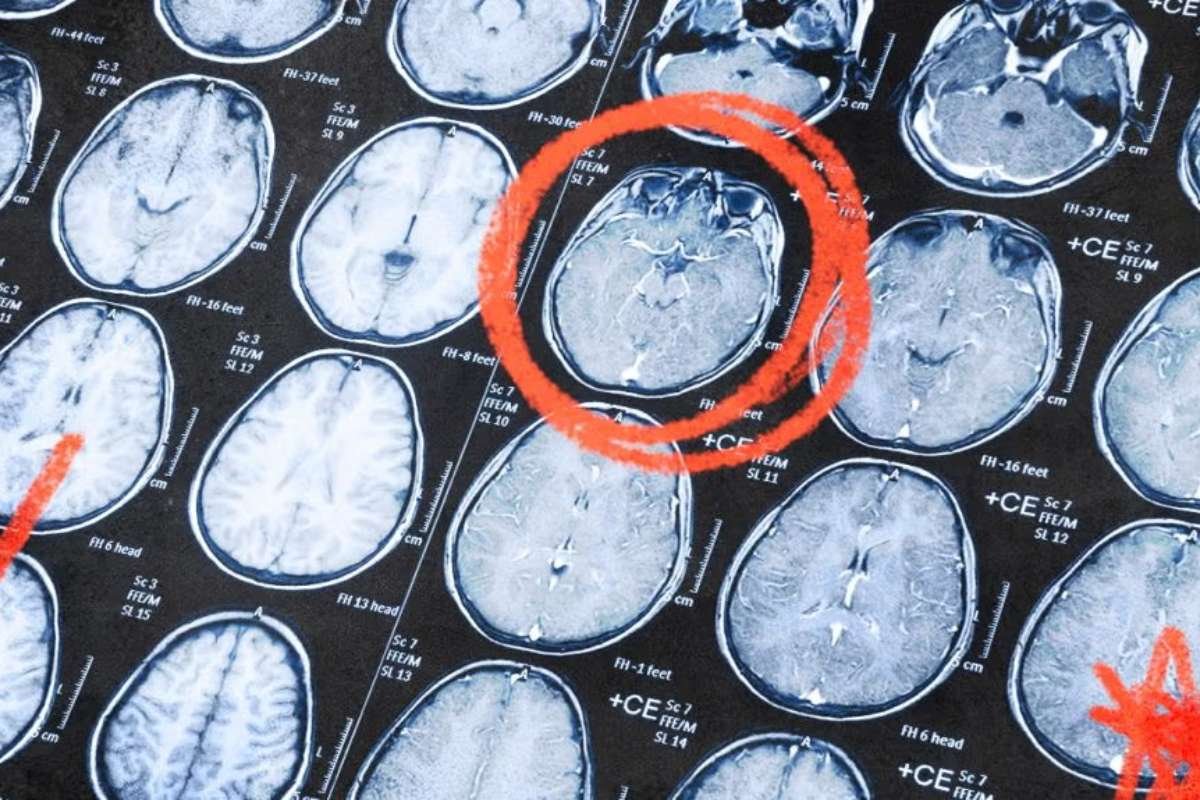Ozzy Osbourne, the legendary Black Sabbath frontman and heavy metal pioneer, died on July 22, 2025, at the age of 76. His death, while peaceful and surrounded by family at his Buckinghamshire home, marks the conclusion of a long battle with Parkinson’s disease and a series of worsening health conditions. While the official cause of death has not been confirmed, sources close to the family and medical experts suggest that Parkinson s-related complications likely played a major role.
Osbourne’s death comes just weeks after a farewell reunion concert in Birmingham, where he performed seated due to limited mobility. Despite his declining health, his final public appearance symbolized resilience in the face of chronic illness.
Parkinson’s Disease and Secondary Health Risks
Ozzy Osbourne was diagnosed with Parkinson’s disease in 2019, though he only made the condition public in 2020. Parkinson’s is a progressive neurodegenerative disorder that affects movement, balance, and coordination. While not directly fatal, the disease increases vulnerability to several life-threatening conditions, including aspiration pneumonia, blood clots, malnutrition, infections, and dementia. In Ozzy’s case, a fall in 2019 exacerbated a spinal injury from a 2003 accident, compounding his neurological issues and leading to a string of surgeries and hospitalizations.
He openly described the last five years of his life as “absolute hell,” citing excruciating nerve pain, restricted mobility, and mental health challenges. Osbourne also suffered from depression and anxiety, common among patients living with chronic neurodegenerative diseases.
Experts emphasize that while Parkinson’s does not kill directly, patients in advanced stages often experience fatal outcomes due to secondary complications, which may have been the case for Ozzy Osbourne. Infections such as pneumonia, especially when combined with swallowing difficulties and a weakened immune system, can quickly become lethal in aging patients.
Raising Awareness Through a Public Journey
Ozzy Osbourne’s openness about his health struggles helped raise awareness about the harsh realities of living with Parkinson’s and neurodegenerative decline. He publicly discussed the emotional toll, from losing physical independence to facing the fear of becoming a burden. His interviews in recent years echoed a common sentiment among long-term Parkinson’s patients: the need for dignity, support, and better treatment options.
In his final days, a video shared by his daughter, Kelly Osbourne, showed him at breakfast with family, engaged and mentally alert. The footage offered a poignant reminder of the human side of chronic illness—moments of connection, even in decline.
Medical professionals say Osbourne’s case underscores the importance of early intervention, caregiver support, and awareness of the hidden complications of Parkinson’s, particularly in elderly patients. His death has reignited discussions around aging, long-term neurological care, and the urgent need for continued research in treatment and symptom management.
Ozzy Osbourne is survived by his wife Sharon, children Aimee, Kelly, and Jack, and a global fan base who not only admired his music but respected his courage in confronting illness head-on.







